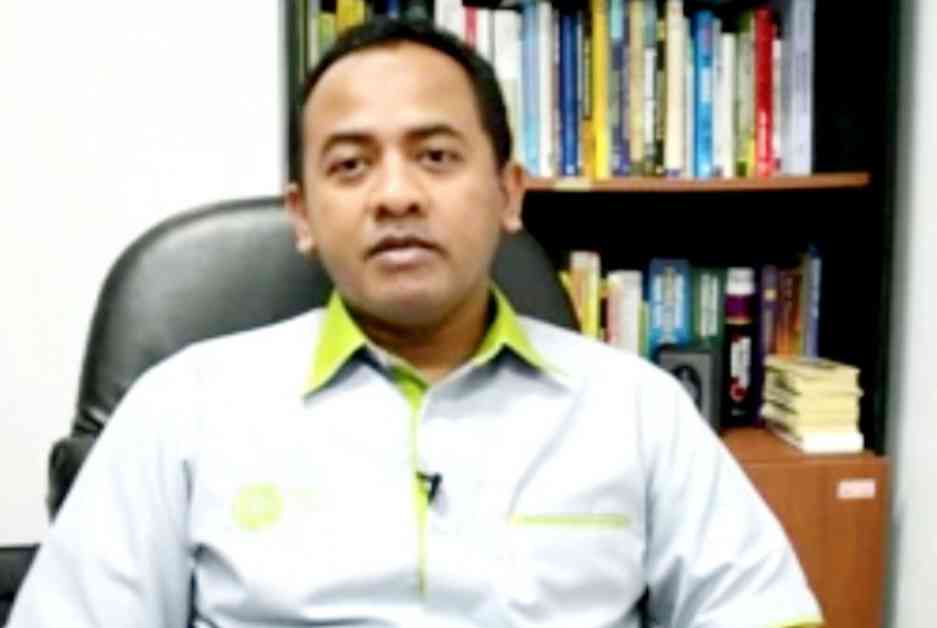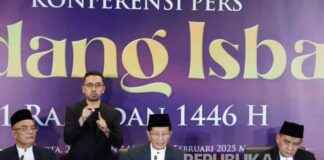Utilizing Zakat Funds for Free Nutritious Meals: Insights from FOZ Chairman
JAKARTA — Wildhan Dewayana, the Chairman of the Forum Zakat (FOZ), has expressed his support for the proposal to use zakat, infaq, and sedekah (ZIS) funds to aid the Free Nutritious Meals (MBG) program. He emphasized the importance of coordination and synergy for the successful implementation of this initiative. “I believe that we have a duty to provide support and assistance to efforts aimed at addressing societal issues, especially those affecting impoverished communities in dire need,” Wildhan stated during an interview with Republika on Tuesday, January 14, 2025. He explained that zakat is specifically designed to address urgent problems, such as fulfilling the basic needs of the community. According to him, there are specific criteria that must be met when distributing zakat funds to the community, with eight groups of recipients eligible to receive zakat. “Certain types of zakat are allocated to help meet food needs, such as zakat fitrah, while non-zakat funds like fidyah serve as compensation for fasting obligations,” he added.
OPZ’s Previous Initiatives
Before the government introduced the MBG program, Wildhan noted that the Zakat Management Organization (OPZ) had its own methods of implementing intervention programs for its beneficiaries to ensure their basic needs were met. Therefore, he stressed the importance of enhanced coordination and synergy in utilizing zakat funds for the MBG program. “I believe that the first step should involve more intense coordination and synergy to harmonize the implementation of these programs in the field,” Wildhan suggested, acknowledging the significance of the existing initiatives.
The Significance of Coordination
In Wildhan’s opinion, the success of utilizing zakat funds for the MBG program hinges on effective coordination and collaboration among stakeholders. By fostering harmonious relationships and streamlining efforts, the program can be more efficiently executed, benefiting those in need. This approach reflects a commitment to addressing social issues and improving the well-being of underserved communities.
Looking Ahead
As discussions surrounding the allocation of zakat funds for the MBG program continue, the emphasis remains on fostering cooperation and synergy among organizations and individuals involved in the initiative. Wildhan’s insights shed light on the critical role of coordination in maximizing the impact of zakat funds on societal welfare. By working together and aligning efforts, stakeholders can ensure that the MBG program effectively addresses the nutritional needs of vulnerable populations and contributes to uplifting communities in need.














